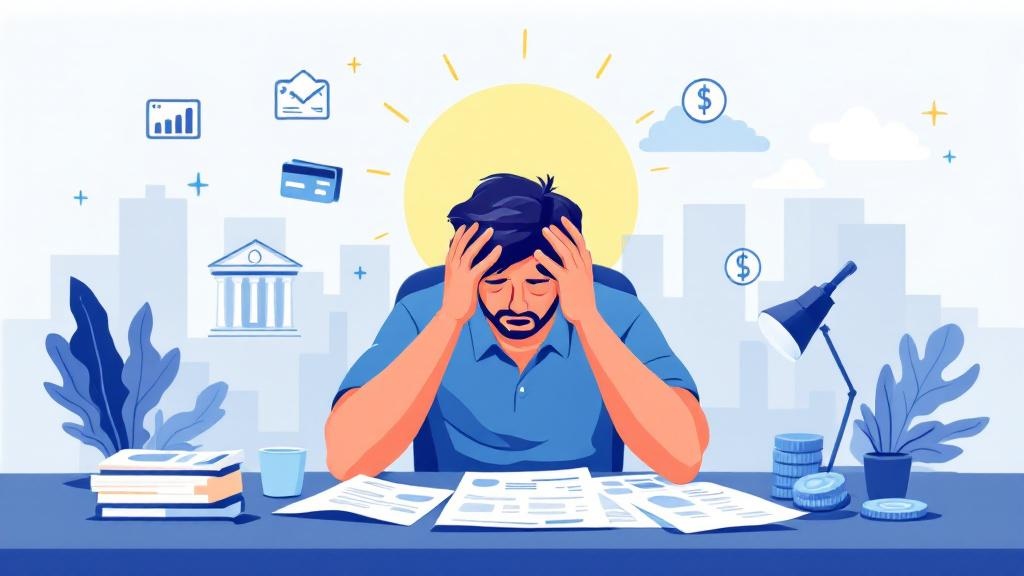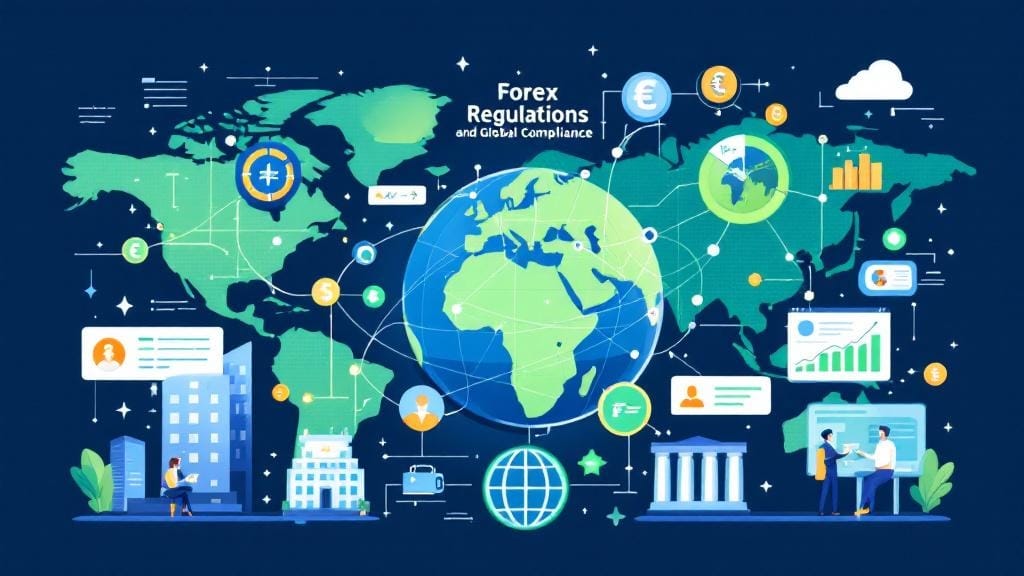In times of financial hardship, managing debt can feel like an uphill battle. Whether you’re an individual, a small business owner, or part of a large corporation, debt restructuring can provide a much-needed lifeline. It’s not about escaping what you owe—it’s about renegotiating the terms in a way that makes repayment possible and sustainable.
In this guide, we’ll walk you through everything you need to know about debt restructuring, how it works, and how it can help you regain financial control.
What is Debt Restructuring?
pay restructuring is the process of modifying the terms of your existing pay to make it more manageable. This can include:
-
Lowering the interest rate
-
Extending the repayment period
-
Deferring payments temporarily
-
Reducing the overall amount owed through a negotiated settlement
Pay restructuring is often used during times of financial hardship, allowing borrowers to avoid default while giving creditors a better chance of recovering what they’re owed.
Why Consider Debt Restructuring?
If you’re struggling with high monthly payments, falling behind on your bills, or feeling overwhelmed by your debt burden, restructuring your pay can:
-
Lower your monthly payments
-
Prevent defaults or bankruptcy
-
Reduce stress and anxiety
-
Improve your long-term financial health
-
Offer breathing room during tough times
It can apply to many types of pay: credit cards, mortgages, business loans, or even corporate pay restructuring on a larger scale.
Types of Debt Restructuring
1. Personal pay Restructuring
This is for individuals facing challenges in repaying pay like:
-
Credit cards
-
Personal loans
-
Medical bills
-
Mortgages
Example: Restructure Credit Card pay
If you’re struggling to pay off high-interest credit cards, a debt restructuring plan may consolidate your debt into a single loan with a lower interest rate or extend your repayment term, reducing monthly payments.
2. Corporate Debt Restructuring
Corporate debt restructuring helps companies experiencing financial stress. Businesses can negotiate new terms with banks and bondholders to:
-
Avoid bankruptcy
-
Improve cash flow
-
Sustain operations during downturns
This might involve interest rate adjustment, payment deferral, or even debt-for-equity swaps where creditors take a stake in the company in exchange for forgiving part of the debt.
3. Small Business Debt Restructuring
For small business owners, debt restructuring services can help reorganize loans or credit lines, especially during slow business cycles or economic downturns. It helps keep operations running while keeping creditors satisfied.
4. Mortgage Restructuring
If you’re facing foreclosure or behind on your home loan, mortgage restructuring can modify your terms to make payments more affordable.
Real-Life Example:
During the COVID-19 pandemic, many homeowners negotiated loan forbearance or extended repayment terms to avoid losing their homes.
How Does the Debt Restructuring Process Work?
The process varies depending on your situation and the type of debt. Here’s a simplified step-by-step breakdown:
Step 1: Assess Your Financial Situation
Calculate your total debts, income, expenses, and assets. Understand your current repayment terms and what’s causing the strain.
Step 2: Contact Creditors
Initiate a conversation with lenders or creditors. Many are open to negotiation, especially if the alternative is default.
Step 3: Propose a Debt Restructuring Plan
Offer a realistic plan based on your ability to pay. This may include:
-
Longer repayment terms
-
Reduced interest
-
Payment deferral for a specific period
-
A negotiated settlement (paying a lump sum less than the total owed)
Step 4: Finalize the Agreement
Once agreed, make sure everything is in writing and legally binding.
Debt Restructuring vs Debt Consolidation
Many people confuse these two. Here’s the difference:
| Feature | Debt Restructuring | Debt Consolidation |
|---|---|---|
| What It Does | Modifies terms of existing debt | Combines multiple debts into one new loan |
| Impact on Credit Score | May temporarily lower score, but can improve long term | May slightly improve credit score |
| Used For | Severe financial hardship | Managing multiple debts more easily |
| Requires Negotiation | Yes, with individual creditors | No, it’s a financial product |
Debt Restructuring Companies: Should You Hire One?
Debt restructuring companies or agencies specialize in negotiating on your behalf. They may:
-
Evaluate your financial situation
-
Communicate with multiple creditors
-
Develop a debt recovery strategy
-
Handle legal paperwork
However, always vet companies thoroughly. Choose ones that are licensed, transparent, and have good customer reviews. Beware of upfront fees or too-good-to-be-true promises.
Risks and Considerations
While debt restructuring can be life-changing, it isn’t without downsides:
-
Impact on Credit Score: Restructuring may be noted on your credit report, potentially lowering your score temporarily.
-
Tax Implications: Forgiven debt can sometimes be considered taxable income.
-
Not All Creditors May Agree: Some may refuse to modify your terms.
-
Scams Exist: Avoid shady “debt relief programs” that ask for money upfront.
Benefits of a Debt Restructuring Plan
✔️ Avoid bankruptcy
✔️ Regain control of your finances
✔️ Make debt more manageable
✔️ Maintain relationships with creditors
✔️ Reduce interest and fees
✔️ Create a clear path to becoming debt-free
When Should You Consider Loan Restructuring?
You should consider loan restructuring if:
-
You’re consistently missing payments
-
You’ve experienced a loss of income
-
Your debt-to-income ratio is too high
-
You’ve explored all other repayment strategies
Restructuring doesn’t mean failure. It means you’re proactively looking for a solution—and lenders often appreciate that.
Debt Relief Programs vs. Restructuring
Debt relief programs typically aim to reduce the amount owed, while debt restructuring modifies how you pay what you owe. The right choice depends on your goals and financial health.
FAQs: Debt Restructuring Explained
1. Can I restructure my credit card debt on my own?
Yes, you can. Contact your card issuer, explain your hardship, and propose a modified repayment plan. Some offer hardship programs with temporary relief.
2. Is debt restructuring the same as bankruptcy?
No. Restructuring avoids bankruptcy by working out a modified payment plan with creditors. Bankruptcy involves legal proceedings and may have long-term credit consequences.
3. Are debt restructuring services worth it?
If you’re overwhelmed or facing multiple creditors, a professional service can be valuable—just ensure they’re trustworthy and accredited.
4. Will debt restructuring hurt my credit score?
In the short term, yes. But in the long term, it can improve your score by helping you avoid default or bankruptcy.
5. Can I restructure a mortgage loan?
Absolutely. Lenders may offer mortgage restructuring options such as lower interest rates, longer repayment terms, or loan forbearance.
6. What is a negotiated settlement?
A negotiated settlement is when a lender agrees to accept less than the full amount owed, often in a lump-sum payment.
7. Is small business debt restructuring available?
Yes. Many small business debt restructuring programs exist, especially through lenders or government-supported initiatives post-crisis (e.g., COVID-19 support).
Conclusion: Is Debt Restructuring Right for You?
If you’re caught in a cycle of overwhelming debt, debt restructuring can be the strategic pivot you need. By working with your creditors, adjusting repayment terms, and creating a practical plan, you can avoid deeper financial pitfalls and rebuild a healthier financial future.
Whether it’s personal debt, corporate loans, or mortgage restructuring, taking control through a structured approach is always better than ignoring the problem.








Comments (0)